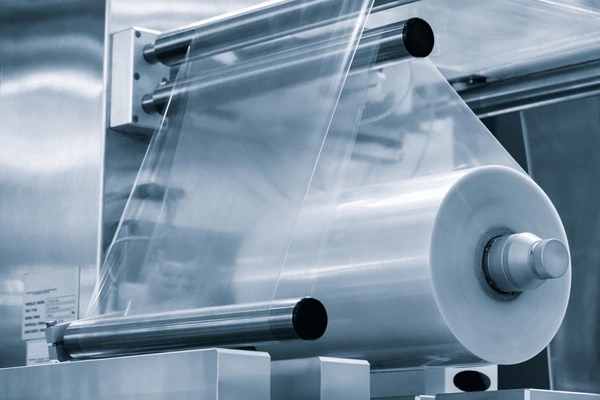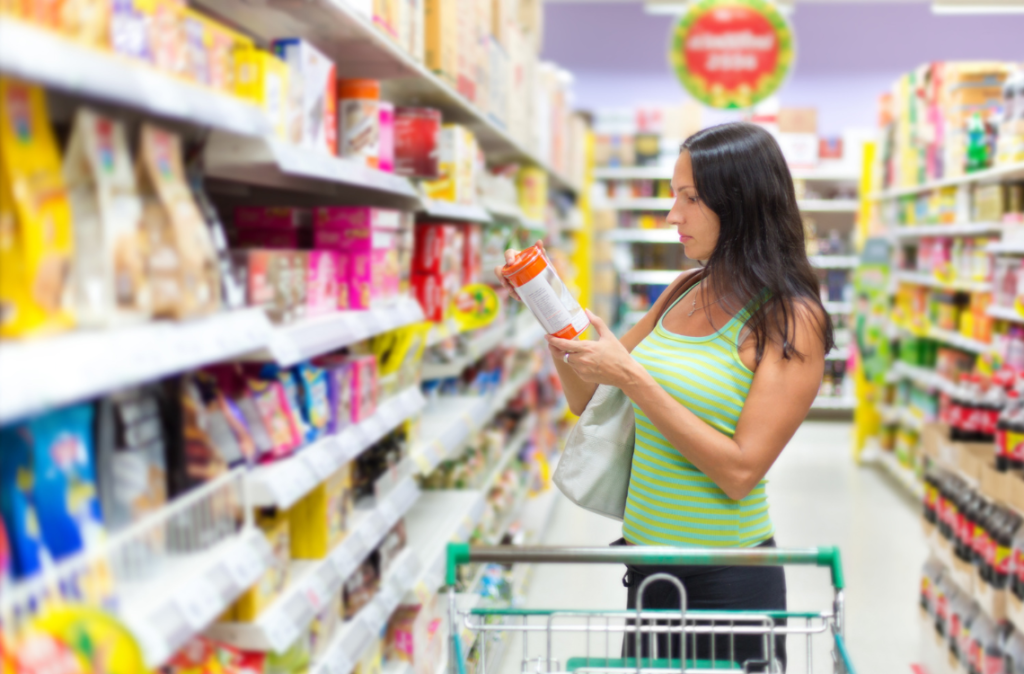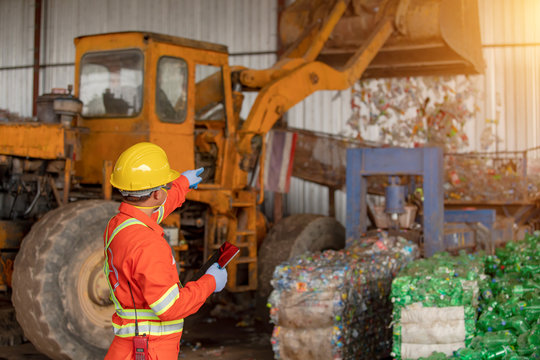The term flexible packaging solutions is everywhere in today’s packaging industry, but what does it actually mean in practice? For many food producers, pet food manufacturers, supplement brands and retailers, it’s a way of packaging that combines practicality, cost efficiency and sustainability in one system.
At its simplest, a flexible packaging solution is packaging made from films, foils or papers that can bend, fold and adapt to the product inside. Pouches, sachets, rollstock, spouted packs and resealable bags all fall into this category. But the real value isn’t just flexibility in material, it’s flexibility in design, production and performance.
Why Flexible Packaging Has Become the Standard
The rise of flexible packaging solutions is no coincidence. Traditional rigid containers like glass jars or tins offer durability but take up space, increase shipping weight, and often come with higher carbon footprints. Flexible packaging, on the other hand, use fewer resources, are lighter to transport, and open up more creative options for packaging design.
For brands, this means reduced costs in logistics, lower environmental impact, and packaging that’s easier for consumers to use and store. It’s no surprise that pouches have now overtaken many rigid formats in supermarkets.
The Core Benefits of Flexible Packaging
-
Lightweight and Space Efficient: Flexible packs weigh less and pack tighter, cutting down storage and shipping costs.
-
Customisable Formats: Stand-up pouches, flat-bottom bags, sachets or spout pouches can all be tailored to product needs.
-
Consumer Appeal: Features such as resealable zippers, spouts, and easy-tear notches add real convenience.
-
Sustainability Potential: Advances in recyclable and mono-material films make flexible packaging a viable environmentally friendly packaging option.
These combined benefits explain why so many sectors, from coffee to confectionery, now rely on flexible packaging solutions.
Flexible Packaging and Recyclability
A frequent question we hear at Aropack is: “Are pouches recyclable?” The answer is yes, depending on the structure. Traditional laminates with multiple material layers can be harder to recycle, but new mono-material films (PE or PP with EVOH barriers) are widely accepted in supermarket collection schemes.
This development allows brands to offer recyclable packaging without compromising barrier performance. In the UK, this aligns with growing consumer demand for sustainable packaging and retailer pressure to meet environmental targets.
A Smart Packaging Solution for Growing Brands
For small and growing brands, flexible formats aren’t just practical, they’re a smart packaging solution. Low minimum order quantities (MOQ) are possible with digital print, making it easier to test designs and launch new products without heavy investment.
Flexible packs also scale with you: what starts as a 1,000-piece trial run can easily grow into high-volume gravure printing at 100,000+ units once demand increases. That adaptability makes flexible packaging the natural choice for start-ups and SMEs entering competitive markets.
The Role of Printed Plastic Bags
One important part of the conversation is printed plastic bags. While often overlooked, they remain a key player in retail packaging, particularly for snacks, pet food and dried goods. When designed properly, these bags are more than simple carriers, they showcase brand artwork, protect the product, and align with consumer expectations of quality.
At Aropack, we ensure our printed plastic bags not only look professional but also meet UK recycling requirements, helping brands strike the right balance between appearance and responsibility.
Tailoring the Solution to Your Product
No two products are alike, and neither are their packaging needs. A protein powder pouch doesn’t face the same challenges as a refill pack of washing-up liquid. This is why a flexible packaging solution must always be tailored. Thickness, closure type, barrier structure, and finishing options all play a role.
Aropack’s approach is to start with the product, then build the pouch around it, ensuring protection, compliance and consumer appeal are all addressed in one go.
Why Brands Choose Us?
Choosing a partner who understands the nuances of flexible packaging solutions is critical. At Aropack, we combine technical knowledge with practical experience, guiding brands from design to delivery. Whether it’s developing environmentally friendly packaging, scaling production, or ensuring artwork prints correctly on a pouch, we support our clients at every stage. For us, packaging isn’t just about the pack, it’s about creating something that works on the shelf, in the hand, and across the supply chain.
Wrapping Up
So what does “flexible packaging solution” really mean? It’s packaging that adapts to your product, your brand, and your business goals. It’s lighter, smarter, often more sustainable, and designed to give both producers and consumers what they need. For brands, investing in flexible formats isn’t just about keeping up with competitors, it’s about creating packaging that supports long-term growth.
If you’d like to explore the best flexible packaging solutions for your business, Aropack’s team is here to help. Contact us today to discuss your project and discover how we can tailor a smart packaging solution to fit your needs.
Give us a call on 01233 281460 or send us an email at info@aropack.co.uk for a consultation. Let us help you find the perfect balance between sustainability and functionality.




